Emotional abuse is a slippery subject but TV drama Khaas gets it right so far
At first glance, HUM TV’s drama serial Khaas is an average TV drama dealing with the usual adjustments a couple makes after an arranged marriage. Its linear progression only adds to this impression; it’s not till episode four or five that it dawns on the viewer that there is something not quite right about the supposed hero Amar.
Skillfully underplayed by Ali Rehman, who manages to strike just the balance between charming and vicious, Amar is everyone’s idea of a great catch: handsome, pleasant, well-educated and surrounded by a family that is for the most part kind and loving. Sanam Baloch plays Saba, his new bride. An outsider would say she's just as accomplished, beautiful and educated as her husband... but not khaas or special enough for a self-obsessed man, who considers himself very special.
Despite the star cast and Sarwat Nazir’s reputation as a good writer this drama didn’t immediately grab my attention. But after catching a few episodes well into the story it finally made my must-see list, forcing me to watch the entire serial with the all the fervor of a new addict.
For those viewers who have hung on from the start of this story, it’s clear that Amar is a narcissist who projects a public persona of sweetness and generosity but is actually emotionally abusive, controlling and entirely self-centered. Like most victims of this kind of abuse Saba doubts her own feelings of demoralisation and is constantly trying to measure up to her new husband’s expectations.

If he likes straight hair, she flat-irons her own lovely curls to keep him happy; like most women raised in traditional, patriarchal homes she declares it’s a small adjustment to keep a relationship intact.
Despite her efforts and accommodations, Amar continues to find Saba inadequate, by putting her down in public or making her the butt of demeaning jokes, while his behaviour is laughed off by his family. Yet more humiliating for Saba is the way he constantly flirts with every pretty girl that passes by and his constant references to the women he should have married instead. Saba’s confusion and building resentment are perfectly captured by Sanam Baloch, who has wisely chosen a project with depth after the disappointing drama Teri Raza.
Khaas forces us to ask whether we have less sympathy for abused women if they come from privilege
Saba may be a victim of emotional abuse but she is not the bholi larki or mazloom aurat our masses adore. She is a strong, educated woman with resources, who is willing to compromise but has enough self esteem to resist Amar’s attempts at manipulating and belittling her. This may well be why her character has been on the receiving end of criticism on social media.
A week or so ago Hum TV released a teaser/promo for episode 9 of Khaas subtitled “every girls struggle,” where Saba is shown arguing with Amar about getting a job. This short scene triggered a lively debate on social media. While there was some support for Saba, others reacted by characterising her behavior as stubborn, selfish and putting a needless strain on the relationship.
Curiously, within this debate, there was no criticism of Amar’s character. This shouldn’t come as a surprise in a culture where the sole responsibility for making a marriage work is automatically assumed to be the woman’s because mard tho hotay hi aisay hain, a culture where educated bahus are valued but are rarely allowed to work. Apart from cultural norms, class issues also play a role in much of the negative perceptions around Saba’s character.
Looking back to Hum TV’s landmark serial Zindagi Gulzar Hai, no one objected to Kashaf’s job in the civil service and Zaroon’s controlling, bullying behavior was quite rightly viewed in a negative light. However, unlike the middle-class Kashaf, who struggled every day of her life to achieve her goal, Saba is a member of the elite class, she has known only comfort and wealth. And so her demands for respect and affection are seen as selfish, while her need for a job to prove herself to her husband is seen as luxury their marriage cannot afford.
Apart from cultural norms, class also plays a role in the negative perceptions around Saba’s character. Saba is a member of the elite class, and so her demands for respect and affection are seen as selfish, while her need for a job to prove herself to her husband is seen as luxury their marriage cannot afford.
The only “respectable” remedy for a woman in Saba’s position is to “shut up and wait” till Amar reaches some kind of self-realization or just stay, because Amar provides her with plenty of material comforts. There is a fascinating parallel with another play on ARY called Pakeeza Phupo, that too shows a wife who is not physically abused but demeaned and constantly humiliated by her husband in favor of his older sister. That story centers on a less affluent family and the toll of years of emotional abuse are obvious on the wife’s face and self esteem but her lack of resources has left her a victim.
In that instance, the audience’s sympathies are clearly with the wife because the woman has no resources to fight back with and is yet another avatar of the mazloom aurat audiences can relate to.
Will Khaas actually break the mold or will it fall back on an unrealistic happy ending?

Emotional abuse may not leave the visible scars that physical abuse does, but the pain and sense of shame are no less of a burden for the victim. Author Sarwat Nazir has taken a bold and welcome step in highlighting a subject which remains hidden in plain sight for many. Denying the importance of compassion, respect and kindness in marriage reduces this most sacred building block of society to a material transaction.
For a society that claims to support marriage at any cost we see precious little effort put into resolving issues married couples might have, apart from the constant pressure on women to bend and break into any shape that might fill in the gaps of their marriage. The writer illustrates this contradiction by showing us how Amar’s entire family can see how offensive and insulting Amar’s behavior is but his enabling mother and sister blindly praise him instead of guiding or correcting him. His cousins and friends however are a little more critical, but step back realising they hold very little sway over him .
The third wheel in this story is Amar’s friend, Fakhir. However, the idea that there must always be another man waiting to take over or immediately “heal” the heroine is getting exhausting and makes marriage look like a game of musical chairs.
While this may be a more realistic view (as classic narcissists rarely change), I can’t help feeling nostalgic for the long-gone days of Pakistani dramas where characters grew and learned from their mistakes. Many people look back with affection to Hum TV’s previous serial Durr e Shahwar, which showed a neglectful husband who grows into a devoted one with time and patience. It would be a mistake to compare the two stories as the characters are very different.
Manzoor didn’t humiliate Shahwar on a constant basis and was trapped by his family circumstances. He understood and appreciated his wife’s efforts to get along with his family with time. By episode 10 of Khaas, however, it is clear that Amar isn’t an immature young man in need of guidance. He knows exactly what he is doing. This is no foolish young man parroting his mother’s words but a clever man who in his own words does ihsan on people who then need to keep their place, head bowed before him.

The third wheel in this story is Amar’s friend, Fakhir, played by Haroon Shahid who (at this point) looks like the sensitive “alternative” or “savior" for Saba. Fakhir is such an empath that he picks up on Saba’s pain because he can see the anxiety in her face, which rather disturbingly reminds him of his dead mother, another victim of abuse.
However, the idea that there must always be another man waiting to take over or immediately “heal” the heroine is getting exhausting and makes marriage look like a game of musical chairs.
Khaas would have made a better story if the focus was kept on empowering Saba to take her life and its direction in her own hands rather than muddying the waters with a new love. So far Fakhir’s track has been a distraction but his inappropriate attempts at friendship will probably be used as a stick to beat Saba with in the coming episodes .
Danish Nawaz is growing as a director and has handled this serial well for the most part though the slow start and a tighter handling of the narrative would have added to the good script he was given.
In this week’s episode Saba exclaims that she will tell everyone what Amar really is, but he smiles and says with complete confidence that no one will ever believe her.
Unfortunately for women suffering from such abuse he is, for the most part, right.


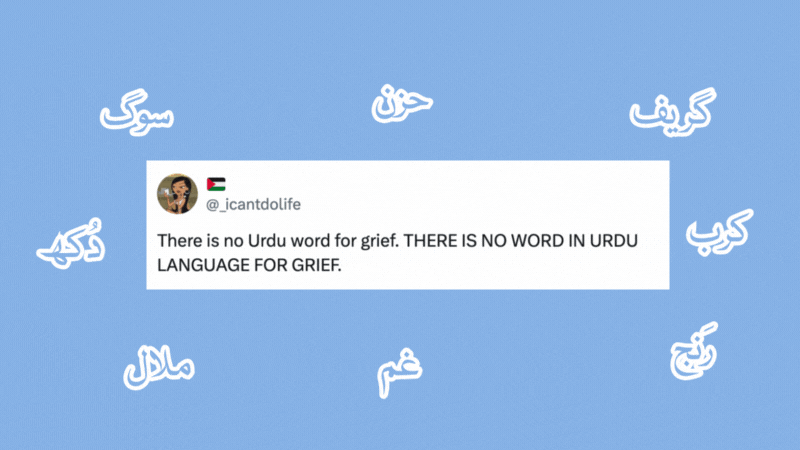

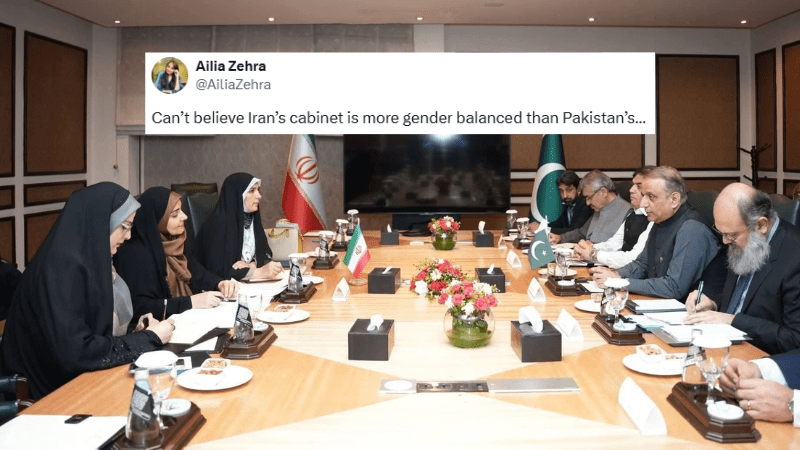
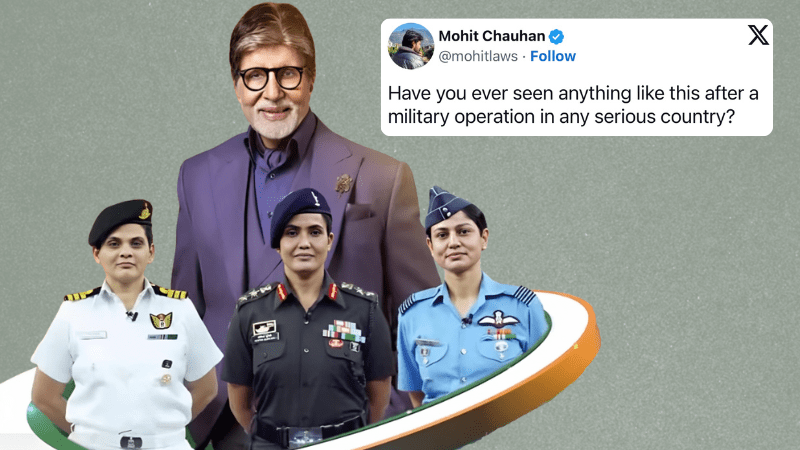

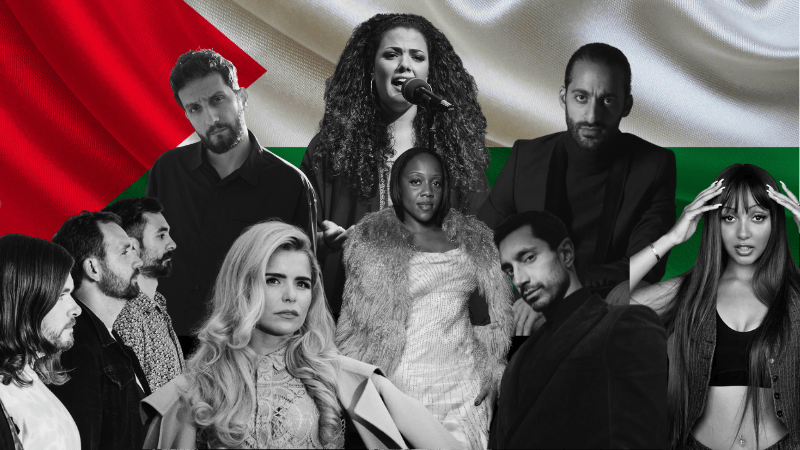
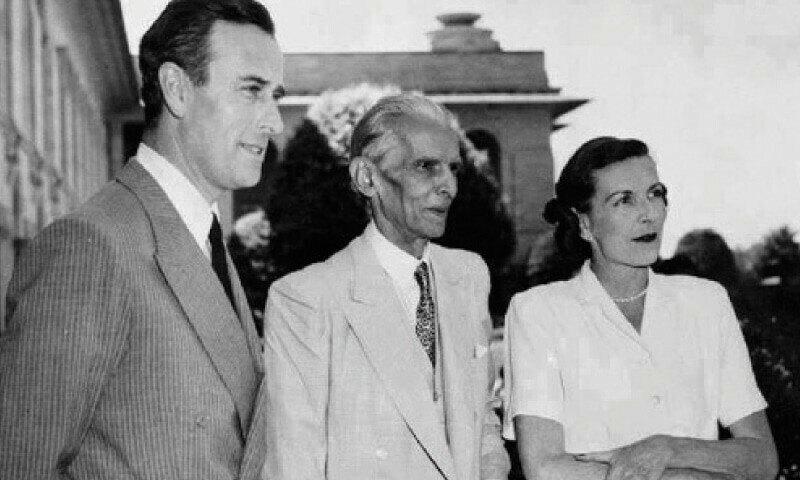

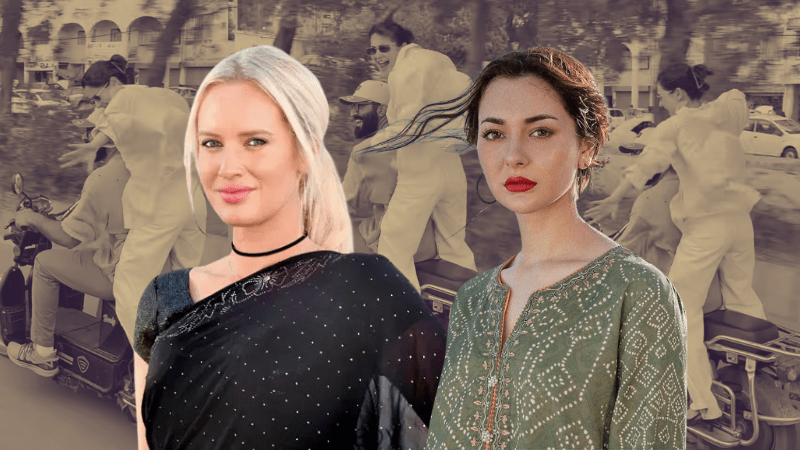
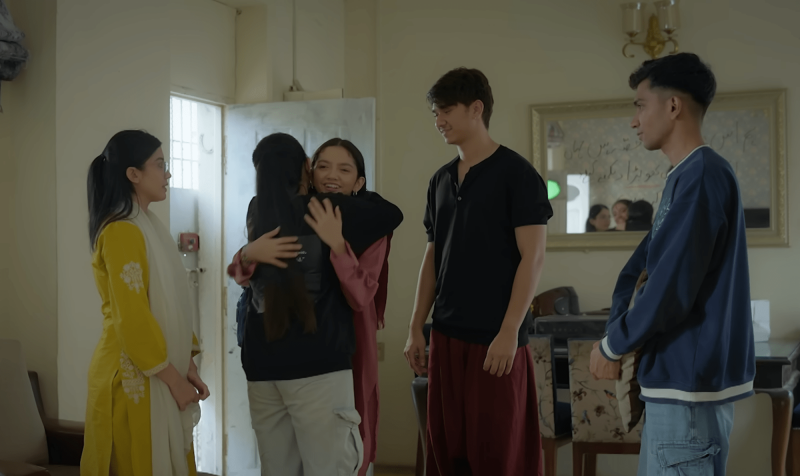
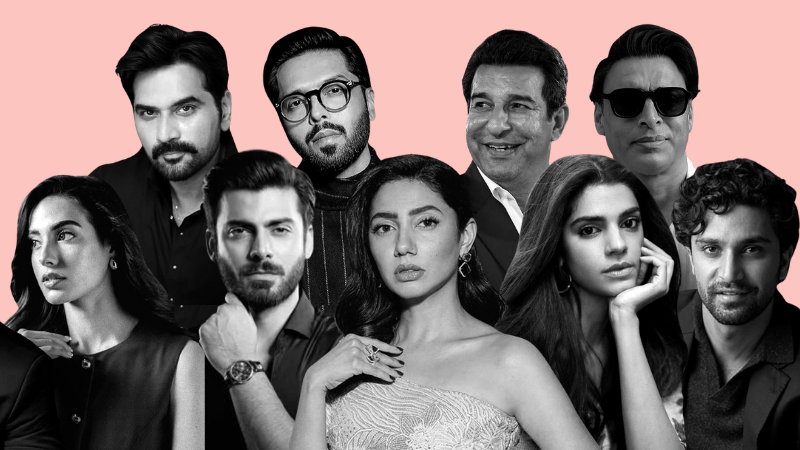

Comments